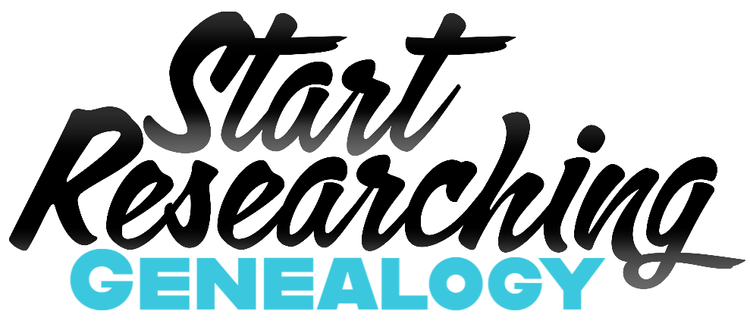Whether your goal is to practice genealogy for a hobby or a living, these educational programs below will give you the skills you need - though you should know many people today work as professional genealogists without having completed any of these courses.
| Educational Programs in Genealogy: University or College | ||
|---|---|---|
| University or College | Type of Program | Length |
| Boston University (BU) | Genealogical Principles | 7 weeks |
| Certificate in Genealogical Research (online, non-credit) | 15 weeks | |
| Brigham Young University (BYU) | Bachelor Degree (B.A.) in Family History / Genealogy | 4 years |
| BYU Idaho | Applied Associates Degree (A.A.S.) in Family History Research (online) | 2 years |
| Family History Research (Certificate) | Varies | |
| Advanced Family History Research (Certificate) | Varies | |
| Excelsior College | Introduction to Genetic Genealogy (online) | 8 weeks |
| Advanced Genealogical Research (online) | 15 weeks | |
| University of Strathcylde Centre for Lifelong Learning (Glasgow) | Various courses | |
| Genealogy: Researching Your Family Tree (free, online with FutureLearn) | ||
| University of Limerick (Ireland) | Masters in History of Family (online) | |
| Salt Lake City Community College | Certificate in Genealogy Research and Writing (online) | |
| Educational Programs in Genealogy: Institutes and Additional Programs | ||
| Genealogical Institute on Federal Records (Gen-Fed) | gen-fed.org Summer program in Washington, D.C. held at NARA | |
| Genealogical Research Institute of Pittsburgh (GRIP) | gripitt.org Multiple summer sessions | |
| Institute of Genealogy and Historical Research (IGHR) | ighr.gagensociety.org Hosted by Georgia Genealogical Society | |
| Institute of Heraldic and Genealogical Studies (IHGS) | ihgs.ac.uk Various programs, workshops, and online courses | |
| International Society for British Genealogy and Family Research (ISBGFH) | isbgfh.com Presentations and courses with virtual British Institute | |
| Mid-west African American Genealogical Institute (MAAGI) | maagiinstitute.org Co-hosted by The Allen County Public Library | |
| Salt Lake Institute of Genealogy (SLIG) | slig.ugagenealogy.org Sponsored by the Utah Genealogical Association. | |
| Texas Institute of Genealogical Research (TIGR) | txsgs.org Biennial event by Texas State Genealogical Society | |
| National Institute for Genealogical Studies (NIGS) | genealogicalstudies.com Various courses offered (online) | |
| Certificate in Genealogical Studies programs | ||
| Virtual Institute of Genealogical Research (VIGR) | vigrgenealogy.com Various courses (online) | |
*Note all above courses subject to change and cancellation. Many are now offered virtually during COVID. If you know of any additional educational courses or workshops, please let us know.
Note that degrees and education in other fields, from history to library sciences, can be very helpful in genealogy research, and will advance your career if you hope to become a professional.
If you are just starting out, the free online course Genealogy: Researching Your Family Tree from the University of Strathclyde Glasgow and FutureLearn.com can be very informative.
We also recommend courses from the National Genealogical Society as well as the National Institute for Genealogical Studies (NIGS) for all levels of study, which you can take online at your own pace.
Scholarship awards may be available from a variety of sources to help you finance your education.
Lackey Memorial Scholarship from The Genealogical Institute on Federal Research Alumni Association (Gen-Fed Alumni)
ASG Scholar Award from The American Society of Genealogists
AncestryProGenealogists Scholarship Program from Ancestry.com
All genealogists should stay up to date with current practices and research methods. Stay aware of new sources that are discovered, transcribed, and published. Learn from those who have been researching and teaching for years. Here are some ways to stay at the top of your game:
Attend workshops, conferences, and seminars
Host or lecture at workshops, conferences, and seminars
Volunteer to help transcribe, organize, or assist in research
Subscribe to newsletters, journals, magazines, and email lists
Read books, blogs, and other media
Apply to lineage membership groups
Join local genealogy societies
Join historical societies or historical museums
Consider earning credentials
If you know of any other courses specific to genealogy, especially within the United States or available online, please let us know so we can share with everyone.
See also: Becoming a Professional
